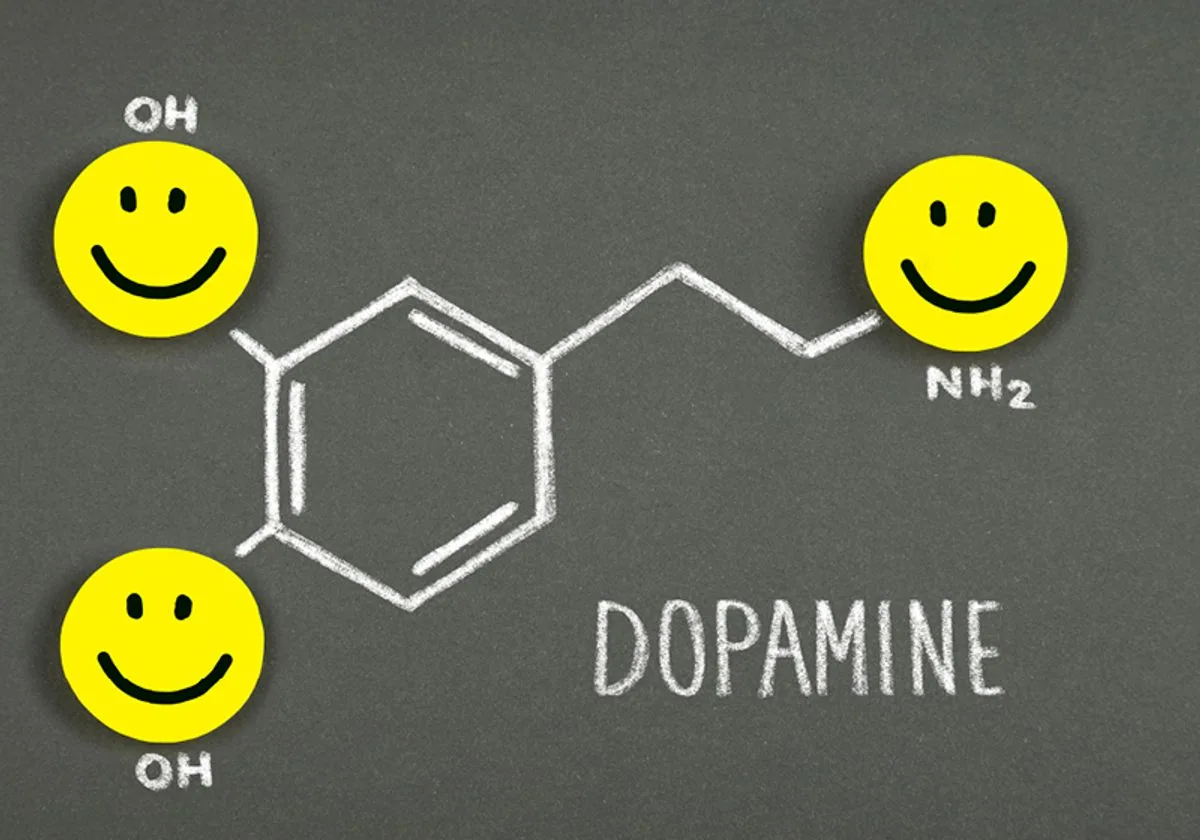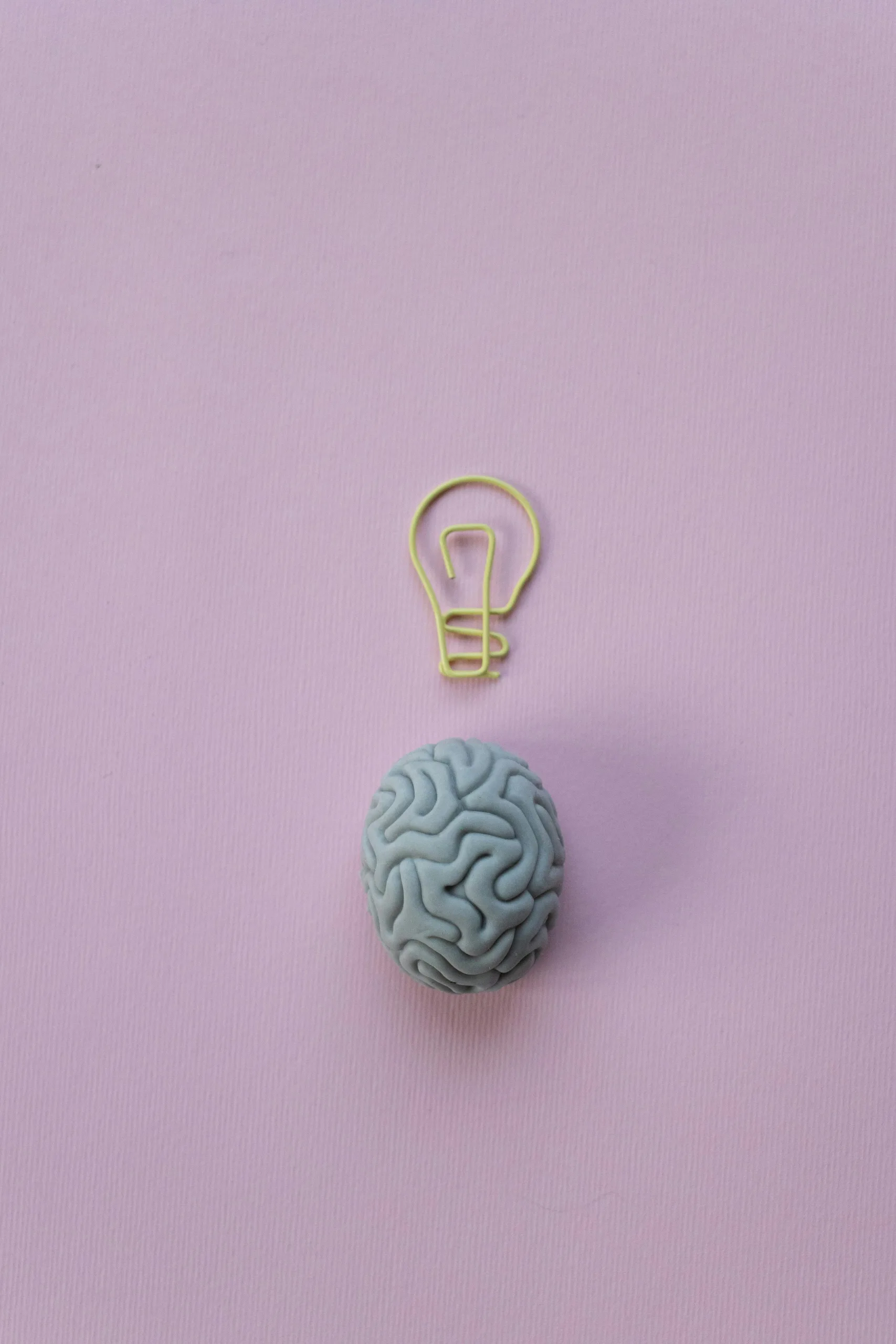Have you ever found yourself mindlessly scrolling through your phone, only to come to the realization that your mind hasn’t processed anything? Have you ever attempted to intentionally think about the content you engage with, only to discover that it lacks significant meaning? Seriously, watching pandas falling while sleeping – That’s the content you consume ? Experts say that scrolling, scrolling and scrolling is rotting your brain.

Oxford University Press has chosen the word, ‘Brain Rot’, as word of the year 2024. It seems a perfect fit as the whole world is doing some serious damage to their mental health by being in a constant touch with social media. The internet is squeezing our grey matter, reducing the attention spans, weakening memory and distorting our cognitive processes. Less concentration levels are leading to brain fogs, and this is reducing the ability of the people to work.
The phrase “Brain Rot” originates from 1854 when writer Henry David Thoreau employed it in his book “Walden” to denounce society’s inclination to undermine intricate concepts. Experts from Oxford University Press discovered that “Brain Rot” has risen due to the effects it has on teenagers and other internet users engaging with large quantities of “low-quality online content,” particularly on social media platforms.

Alongside well-known online platforms like Instagram and TikTok, researchers also regarded artificial tools like ChatGPT as a contributor to “Brain Rot.” However, Brain Rot isn’t merely a linguistic peculiarity. In the last ten years, research has demonstrated that eating large quantities of junk content — such as sensational news, conspiracy theories, and shallow entertainment — can significantly impact our brains. In simpler terms, “rot” might not be too much of an exaggeration when characterizing the effects of average online content.
For instance, consider Instagram reels. You view a 15-second video, and then scroll up. Each time you scroll upwards, it generates a new stimulus that prompts your brain to produce dopamine. Dopamine functions as a reward mechanism in the brain that encourages you to persist in an activity, such as viewing a reel. But this recurrent doom scrolling, can reduce your ability to feel pleasure. And when this pleasure diminishes, our minds start getting irritated.

Study after study highlights our susceptibility to internet-related cognitive decline. One study finds that “elevated internet use and extensive media multitasking are linked to reduced grey matter in the prefrontal areas.” Individuals with internet addiction show “altered brain structure” and “decreased grey matter.” Excessive technology use in the developmental years of the brain has been termed by some scholars as potentially causing “Digital Dementia” and it may be eroding our cognitive skills.
Death of Critical Thinking

The reliance on technology for quick answers, such as search engines and AI, diminishes our capacity for critical thinking and problem-solving. This instant access to information encourages passive consumption rather than active engagement with complex ideas. Doom scrolling also has a negative impact on our thinking skills.
Exposure to overwhelming negative information can lead to cognitive overload, making it difficult for the human brain to make well informed decisions. This overload may result in decreased creativity and analytical thinking as people struggle to sift through excessive data. As people become more reliant on technology for everyday tasks—such as navigation or scheduling, they may lose essential skills that were once developed through practice and experience. This dependency can lead to a general decline in problem-solving abilities as well.
Effects On Memory And Concentration

The convenience of having information readily available online and that too one after the other can impair our memory retention. You might see a hundred small videos of a news channel, but when you keep the phone aside, there will be nothing inside your brain. People rely on digital devices to remember details, resulting in diminished recall abilities over time. They set reminders with Alexa and Siri, to remind them of their children’s birthday or their own anniversaries. Constant notifications and the allure of multitasking can fragment attention spans, making it challenging to focus on tasks for extended periods. This lack of concentration is leading India towards an average upcoming generation.
Buried Social Skills

The rise of social media and messaging apps has reduced opportunities for in-person communication, which is essential for developing social skills and emotional intelligence. These days people do not even send messages, they express their emotions through reels. You surely won’t remember the last text your friends had sent you definitely remember the last reel. Increased screen time often leads to feelings of isolation, which can negatively impact mental health and interpersonal relationships.
While technology undoubtedly offers numerous benefits, including improved access to information and enhanced learning opportunities, it is crucial to remain aware of its potential downsides. Striking a balance between leveraging technology for efficiency while preserving cognitive engagement is essential for maintaining intelligence in the digital age.

The future for teenagers who engage in doom scrolling is fraught with challenges related to mental health, sleep disruption, and social isolation. However, with proactive measures from parents, educators, and mental health professionals, there is potential for healthier engagement with digital media. We know we cannot remove it completely but by promoting awareness and providing alternatives (reading a book, dance class, gym class, taking a walk, doing puzzles) to doom scrolling, we can help adolescents navigate their online experiences more positively.


